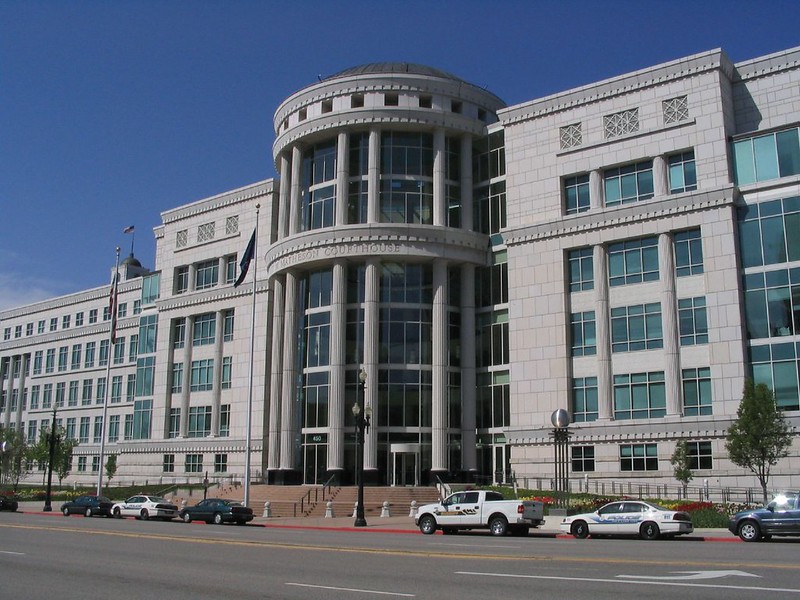After a girl reported being raped by a church member when she was only 14 years old, the Kingdom Hall of Jehovah’s Witnesses in Roy, UT, responded by forcing her to repeatedly listen to an audio recording of the rape.
The Utah Supreme Court has revived a lawsuit filed by a woman whose church forced her to listen to a recording of her own rape.
According to Fox13, the lawsuit was filed by Ria Williams in 2016. In her lawsuit, Williams alleges that she was raped by another member of the Kingdom Hall of Jehovah’s Witnesses in Roy, Utah.
After reporting the sexual assault, church leaders purportedly took little action. Instead of launching an investigation or trying to ascertain the truthfulness of Williams’ claims, the church elders responded by subjecting Williams to “a humiliating disciplinary hearing.”
In his ruling, Utah Supreme Court Chief Justice Matthew Durrant outlined the circumstances of William’s lawsuit.
“At the beginning of the hearing, the Elders questioned Ms. Williams for forty-five minutes regarding her sexual conduct with the other congregant. And after this questioning, the Elders played an audio recording of the other congregant raping her,” Durrant wrote.
“While the Elders played the recording, Ms. Williams was ‘crying and physically quivering.’ Despite her ‘crying and protestations to not force her to relive the experience of being raped,’ the Elders played the recording for ‘four to five hours,’ stopping and starting it at certain points to ask Ms. Williams ‘about what was happening’ and ‘suggesting that she consented to‖ the sexual acts portrayed.'”

succo via Pixabay, www.pixabay.com
Durrant noted that, while Williams had sued the Kingdom Hall for intentional infliction of emotional distress, a district court had dismissed her complaint because it felt the judiciary was unable to adjudicate a religious matter.
“So, even though the allegations in the complaint were ‘disturbing’ to the court, it ruled that the Establishment Clause barred the court from adjudicating the claim,” Durrant said.
However, Durrant and his fellow justices felt that Williams’ lawsuit should be reconsidered following a recent U.S. Supreme Court ruling on the Establishment Clause.
“It’s an important and difficult case,” Durrant said.
Noting that many Utah residents belong to The Church of Jesus Christ of Latter-day Saints, Justice Thomas Lee, suggested it may be difficult for a Utah court or jury to judge Williams’ case impartially—thus violating the Constitution’s Establishment Clause.
“Don’t you think there’s a serious concern that that body and that group is going to be making a judgment based on their beliefs of what religious orthodoxy and reasonableness is?” Lee asked, noting that a Mormon jury may take an unusually conservative stance on the Kingdom Hall’s treatment of Williams’ sexual assault.
Sources
Religious freedom case over Utah church discipline matter is revived by state Supreme Court
Utah high court weighs case of woman who says church made her listen to audio of her rape
Utah Supreme Court revives lawsuit of woman who claims church made her listen to own rape


Join the conversation!